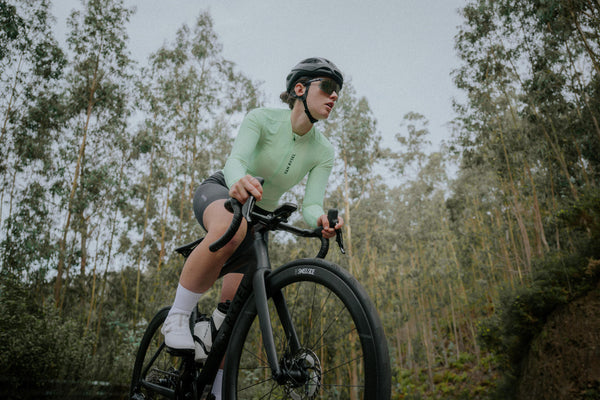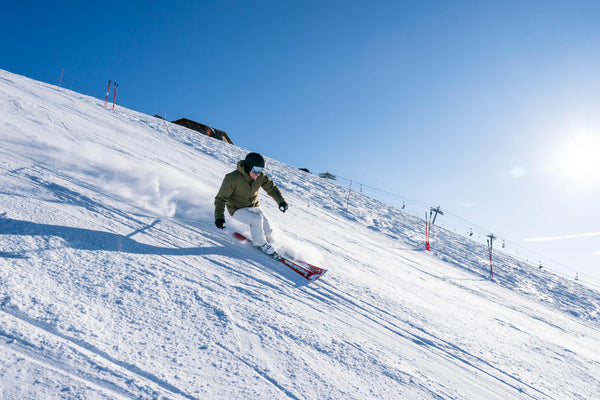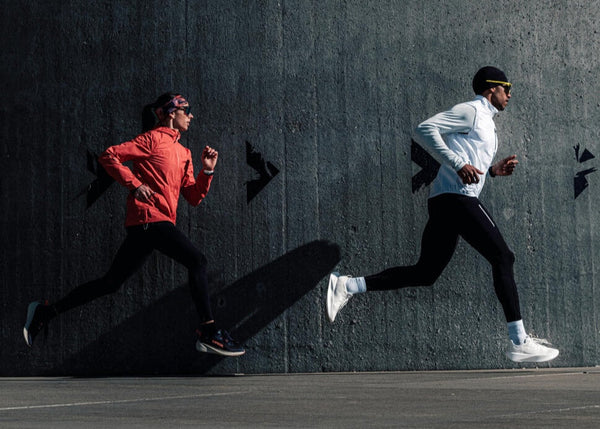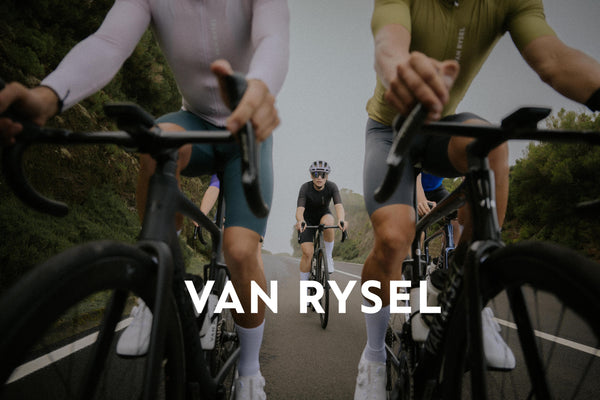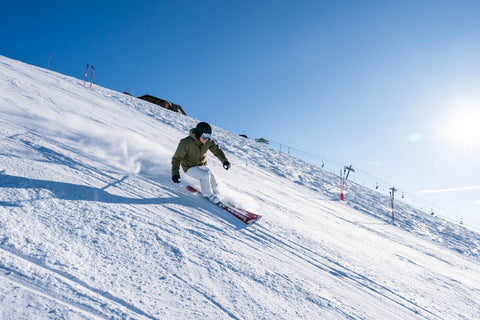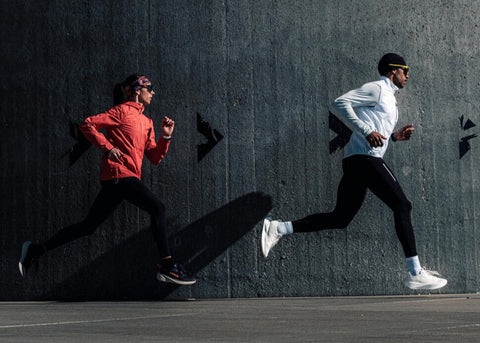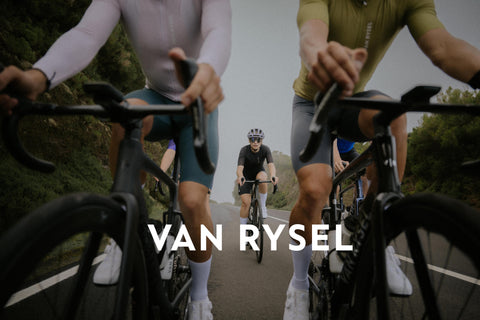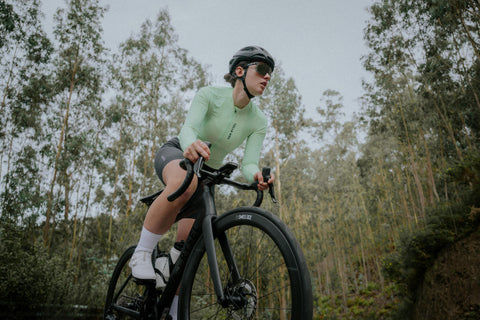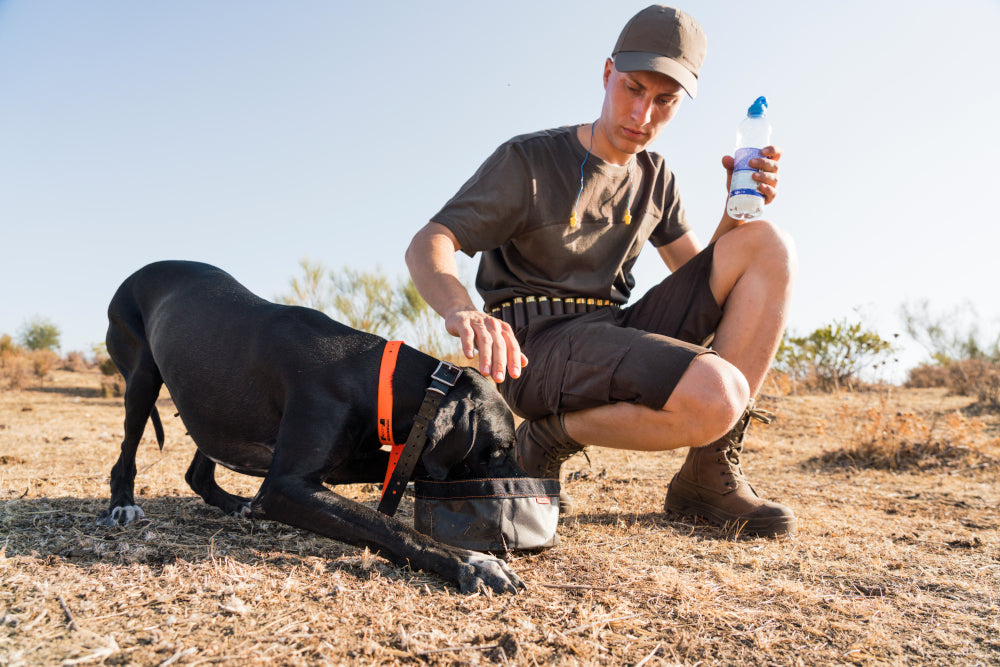
Should You Eat Before or After Exercise?
Share
Whether it's best to eat before or after a physical activity depends on your objectives & the sport you're playing. A few tips to help you make a proper decision.
1. I'm Going to Exercise in a Few Hours : Should I Eat Beforehand?
Generally, it's best to allow some time after eating, before you exercise. One hour is considered enough time after a snack. This increases to 2 or 3 hours after a larger meal (breakfast, lunch, etc.). However, it might be useful not to eat at all before physical activity: this forces your body to take energy directly from fat, which will accelerate weight loss. In this case, exertion should be kept moderate.
2. Q : I Often Feel Weak When I'm Exercising. Should I Eat Something During My Workout?
A: In general, unless you're exercising for more than an hour and a half, you don't need food or drinks containing supplements (home-made or otherwise). Standard hydration is enough. If you exercise for between an hour and a half and 3 hours, workout or isotonic drinks will be useful, because they will compensate for mineral losses (sodium, magnesium and iron in particular). They are called isotonic drinks because they have the same concentration as blood: 55g of glucose per liter of water. A little salt may be added for exercise lasting over 2 hours.
Solid food becomes useful if you are exercising for over 3 hours. In this case, I recommend fruit pastes or energy gels. You can also eat almond paste, dried fruits, spice cake, or cereal bars.
Finally, if the exertion lasts all day (for example a long-distance triathlon), sandwiches and savory cakes will be perfectly appropriate. If it's cold, it's a good idea to add fats such as chocolate, peanuts, or pound cake.
3. Q : And After Exercising? Should I Eat Straight Away or Wait A While?
A : It can be useful not to eat immediately after physical activity. The body and muscles continue to work for around 30 minutes after you stop exercising. Many athletes (and body-builders) use this 30 minute transition phase after exercising to consume protein shakes, which are rich in carbohydrates and minerals, to recharge the muscles (this is thought to be the ideal window, but again, opinions differ on this).
Generally, we would advise waiting for 1 hour after physical activity before eating anything, or even 3 hours after a competition. In any case, it's important to stay well hydrated.
You can choose mineral-rich drinks to replenish your glycogen reserves.
In the meal following exercise, carbohydrates are very important, particularly raw and cooked fruit and vegetables, which are alkalinizing and will replenish the body with vitamins and minerals.
It's also a good idea to eat omega-3 rich raw fats (nuts, seeds, vegetable oils, etc.), which allow better absorption of vitamins and minerals, and restore the cell membranes. Proteins are important too, to repair and maintain the muscles used during exercise.


